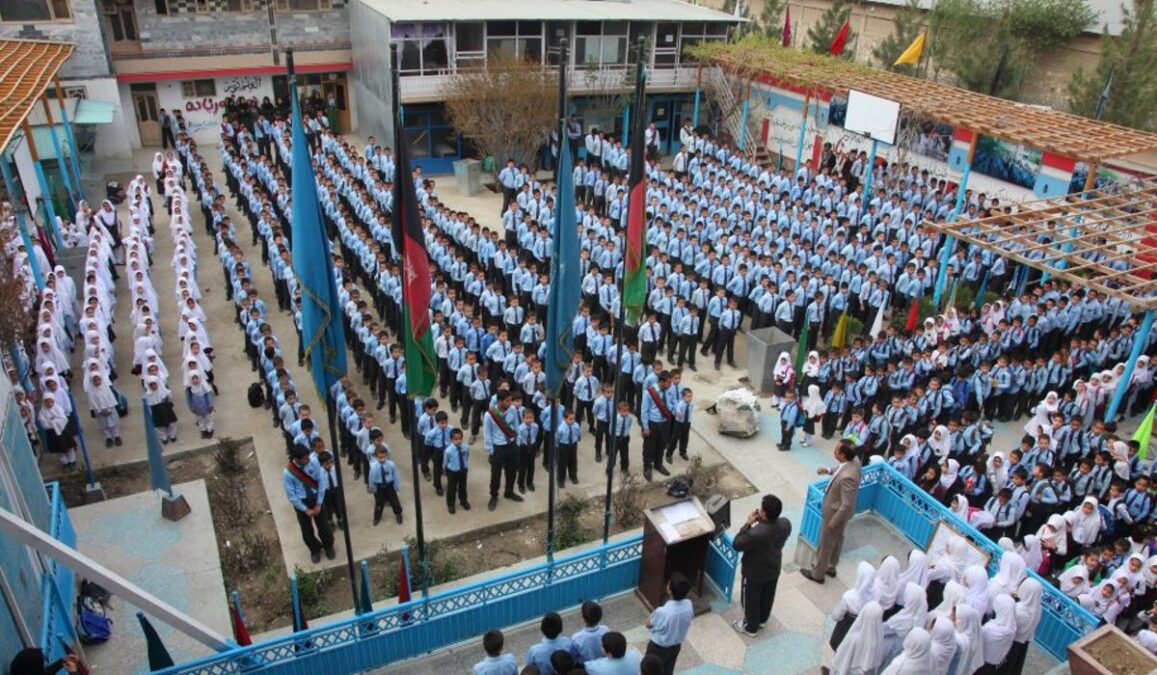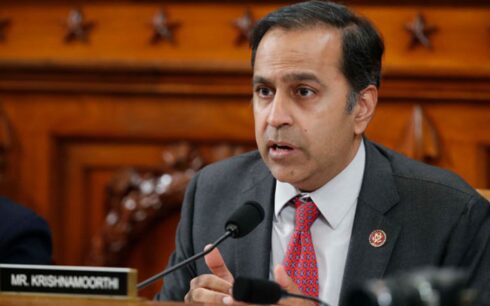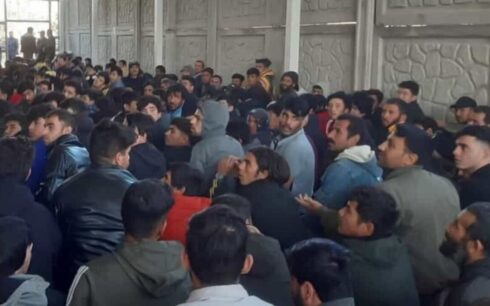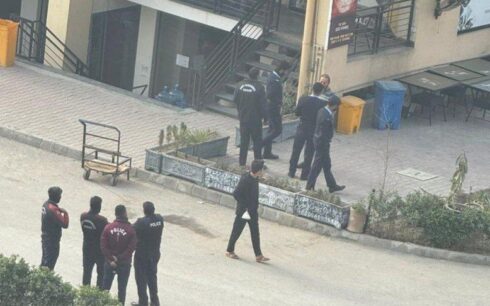Kabul parents have raised concerns about the poor quality of education at some private schools in Afghanistan’s capital city.
A number of families claim that some private schools in the city are not sticking to the standards set by the education ministry and while these institutions charge a premium rate, they are not providing decent education.
One mother told Amu TV that her son is unable to read a simple sentence after three years at a private school.
“My son goes to school on time every day. We cut back on our food and home expenses [in order to save] to pay my son’s fees, hoping that my son would learn something. But I see no improvement and that makes me disappointed,” she said.
She added that classes are overcrowded, with as many as 50 students in her son’s class. She said “the issue was not resolved despite my contacting the school administration several times.”
“How can a teacher handle such a large number of students? Private schools only care about making money. They (school) make dozens of excuses to get money from the students but pay no attention to the students [lessons],” she added.
Ahmad Shah, another Kabul resident, stated that his son was in grade four at a private school, but his son appears to be weak in most of his subjects.
“I endure hardship so that I can pay the tuition fees for my son. But when I realize that my son is lazy, I get disappointed,” he added.
Ahmad, a 12-year-old boy who works part-time at a shop, told Amu TV that he is from a vulnerable family but struggles to pay his tuition fees.
“If I don’t pay my fees on time, I will get expelled from my class. They won’t [let me] take the exam. I wish they were as serious about teaching as they are about taking the tuition fee,” Ahmad said.
A number of teachers, meanwhile, claimed that they do not get paid on time and that private schools are not committed to paying their salaries.
A teacher at Qais-Bin-Lais school, who wanted to be identified only as Salma, told Amu TV: “My colleagues and I get paid only 4,000 AFN per month … We face too many issues; we spend 1,000 AFN per month on transportation. How can we cover our living costs with 3,000 AFN, such as medical needs, food, and electricity cost? The officials of the private schools have realized the unemployment situation. Therefore, they misuse teachers’ hopelessness.”
She said that Qais-Bin-Lais has ten branches across Kabul city but does not work within the Education Ministry’s framework. She said “each classroom is home to more than 40 students, while according to the regulations of education, the number of students in a class should not be more than 15.”
Salma also stated that this month the school collected tuition fees for the full month but students only attended class for 10 days, for exams.
“The teachers also got paid for only ten days of this month,” she said.
When questioned about this by Amu TV, Mohammad Nader, the manager of Qais-Bin-Lais school, rejected the claims and said there are no more than 20 students in a class. “Some of our students were not able to pay tuition fees for two to three months and we waived it,” he said.
He also said teachers did get paid on time.
Amu TV was not able to get a comment on the matter from the Taliban’s Ministry of Education.





